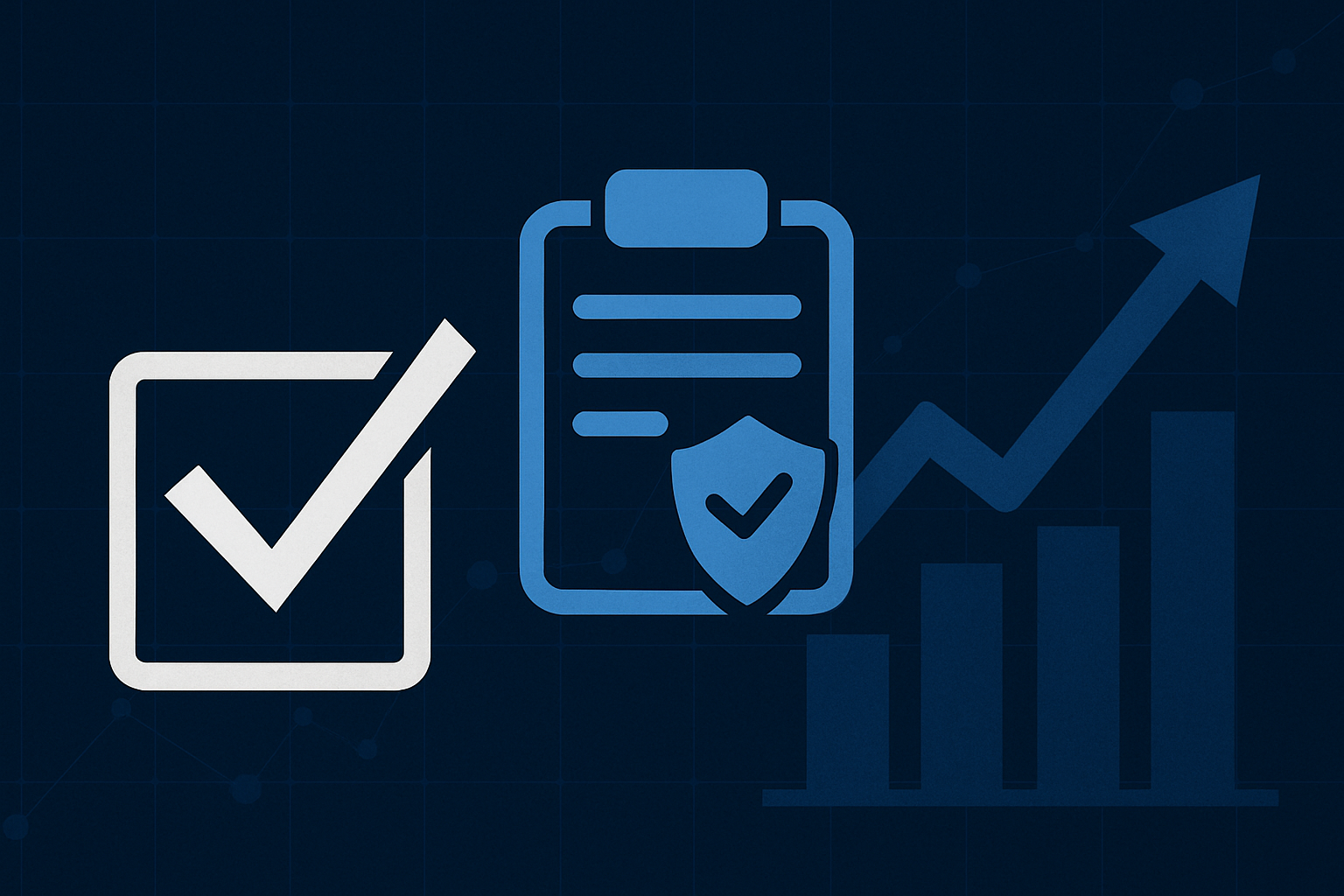For tech businesses, the right investment can be a great way to cut costs and save time. You only have so much cash on hand to spend, however, and it can be hard to know which investment will benefit your company the most.
We’re often encouraged to think in the short-term and choose products or services that will yield the greatest benefit as soon as possible. However, there are also a number of investments that don’t pay big right away — but will continue to pay dividends long after you’ve adopted them.
These five investments won’t necessarily pay off immediately. Still, they’ll help your business save time and money well into the future.
1. Automation Tech
Time is money, and every second that you can save will pay off in the long run. No matter what your company does, there is an automation platform or solution out there that can help. Just about any highly repetitive task can be automated.
Marketing automation software lets you design and run email campaigns with ease. With this tech, you can create introduction emails and send them automatically when a new contact gets added to your database. Project management software can streamline communication. AI-powered customer support chatbots can also take some of the pressure off of support reps manning the live chat.
For everything else, there are workflow automation tools that can help you automate routine tasks. For example, you may use Dropbox for backups and a Google Drive for general office file management. As a result, you need to manually backup new Google Drive files whenever they’re added. With the right tool, you can automate that task, generating backups the second you add a file to the drive.
2. Emergency Planning
If you have an office, major systems will eventually break. This notion is especially true if you need to leave them idle for months, then start them back up all at once. Dust, moisture and debris can collect in the filters of an HVAC system, which can lead to failures when reactivated. The same is true for commercial generators, which often fail due to dust on and around the windings.
If you return to work after a long absence and no routine maintenance, you may find that these systems no longer work. Even worse, they could cause serious damage to the office, something that’s entirely possible when an HVAC system fails.
Uncomfortable environments, whether too cold or too hot, too dark or otherwise, can kill productivity. If your HVAC system is down temporarily, but it’s possible to work in the office, extreme temperatures can bring down your team’s overall productivity while you wait on repairs.
A little bit of planning can go a long way. Routine maintenance checks, coupled with any necessary upgrades, will cost you now, but they’ll also prevent disaster in the future.
3. Migrating to the Cloud
Eventually, your business will run into problems scaling up storage. The amount of data you’re holding onto will start to grow at such a rate that your on-site storage can’t keep up. Then, you’ll have to wait for new hardware to ship to the office.
If you haven’t already, migrating your tech and storage to the cloud can help. Cloud-based resources can scale up or down at a moment’s notice, meaning that you can reserve extra storage when you need it, no waiting required. You’ll also only pay for the space you use.
Migrating to the cloud will cost you, but it’s often simpler and cheaper than maintaining your own storage on-site.
4. Green Office Tech
Green tech is more sustainable and will help you cut down on office waste. The result is a lower carbon footprint, and small but noticeable savings that add up over time. LEDs, for example, use 75 percent less energy and last 25 times as long as conventional bulbs. Switching can cut down on energy waste, your utility bill and the cost of replacement bulbs.
Swapping over to reusable supplies and adopting tech that allows you to go paperless can also help you cut back on waste — and save a little bit of money. Other small changes — like relying more on natural light, recycling ink cartridges and purchasing second-hand equipment — can help you reduce office waste even further.
If enough of your employees telecommute, you may even be able to shut down the office entirely an extra day or two each week. This practice can provide significant savings in lighting, heating and cooling.
5. Cybersecurity
Cyber attacks are becoming more frequent each year. Even major, high-profile companies fall victim. The loss of data costs these businesses significantly, both in fees from regulators and lost consumer trust. Investing in a combination of cybersecurity staff, security training for employees with network access and cybersecurity tech can reduce the risk that an attacker can get into your network.
Securing your company’s networks won’t pay off now, but the average cost of a cyber attack is around $1.7 million — enough to put many companies out of business. Preventing a breach will also provide other benefits. Good stewardship of data can build trust and good relationships with your customers — and may make them more likely to continue doing business with you.
Save Time and Money with the Right Investments
Certain investments can help your business save time and money in the long run. They won’t pay off immediately — but, over time, the benefits will add up.
- How to Improve Your Tech Sales in Q1 2021 - December 15, 2020
- Cryptocurrency’s Huge Impact on Businesses in 2021 - November 12, 2020
- How Your Tech Business Should Handle Big Data - October 8, 2020



